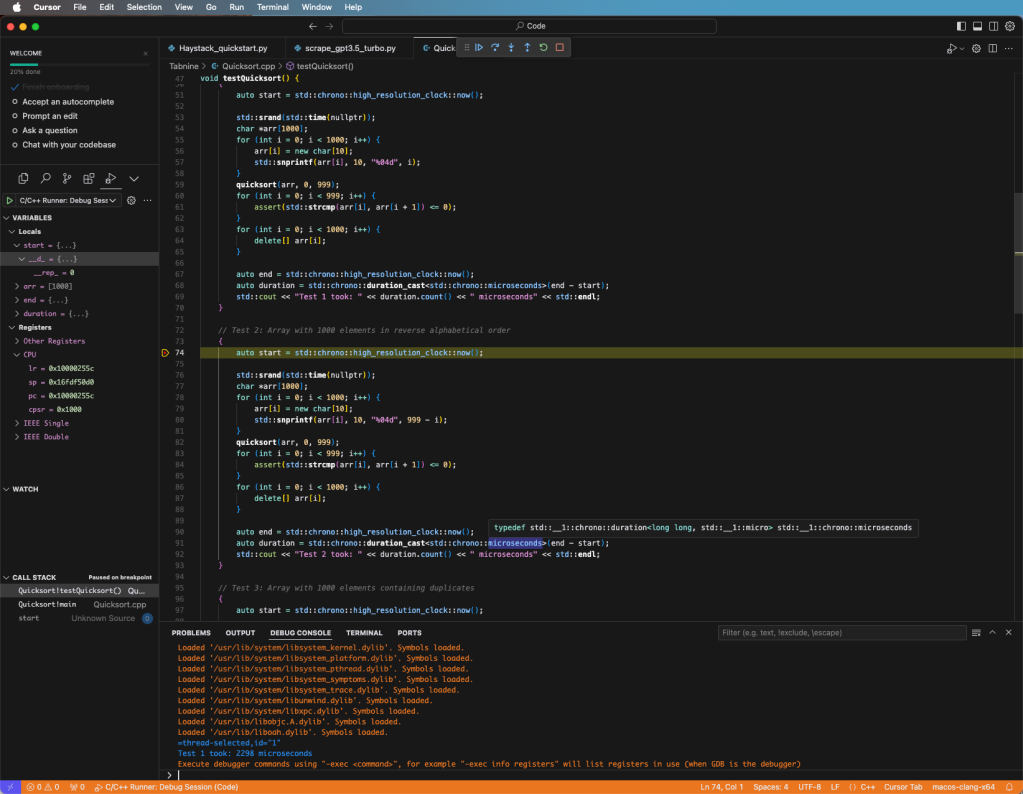
Exploring the Future of AI: Essential Skills for Success and Innovative Tools
In today’s rapid technological evolution, acquiring skills in artificial intelligence (AI) has never been more imperative. According to various studies, including insights from the World Economic Forum, it is projected that by 2025, half of all employees will need reskilling, while the AI job market is expected to expand significantly, creating millions of new opportunities. This growing demand reflects a profound change in work profiles, signaling a shift towards a future dominated by AI and automation.

The changing landscape of work with AI.
The Key Skills Driving AI Careers
To thrive in this burgeoning field, professionals should focus on developing a range of AI-related skills. Here’s a closer look at the critical competencies necessary for success:
- Machine Learning: As the backbone of AI, proficiency in algorithms and data pre-processing is crucial. Learning platforms such as TensorFlow and scikit-learn can serve as excellent starting points.
- Programming Languages: Among various languages, Python stands out as the most sought-after tool for AI roles, thanks to its extensive libraries and user-friendly interface.
- Natural Language Processing (NLP): With the rise of chatbots and virtual assistants, NLP has come to the forefront. Skills in libraries like NLTK and spaCy are incredibly beneficial.
- Deep Learning: This specialization is crucial for applications in computer vision and speech recognition, using frameworks like PyTorch and Keras.
- Data Science and Analytics: Mastery over data manipulation tools and analytical skills is critical for AI-related roles.
- AI Ethics and Governance: An understanding of ethical principles in AI, focusing on fairness and bias, is increasingly vital in today’s job market.
- Cloud Computing for AI: Knowledge of cloud platforms and their AI services is essential for integrating and deploying AI solutions effectively.
- AI-Powered Automation: Skills in AI integration into automation workflows are highly sought after across industries looking for efficiency.
- Explainable AI (XAI): As industries become more regulated, the ability to interpret and validate AI outputs is becoming a necessity.
- AI Security: With growing reliance on AI, securing these systems against possible threats is crucial.
Educational Pathways for Aspiring AI Professionals
To harness these skills effectively, formal education can play a pivotal role. For instance, the Advanced Certification in Data Science and AI offered by IITM Pravartak in collaboration with Intellipaat, presents an incredible opportunity for individuals wishing to enter the field. The program includes over 50 interactive lessons led by specialists from IIT Madras and established industry professionals, targeting both foundational and advanced aspects of AI.
This course, having previously assisted over 6,000 learners in upscale roles and contributing to reported salary hikes exceeding 100% for some students, stands out as an outcome-oriented program. Such educational initiatives are essential for creating a well-prepared workforce capable of meeting the needs in an AI-driven economy.
The AI Revolution: Innovative Tools and Platforms
Aside from essential skills, having the right tools can significantly enhance a developer’s efficiency and effectiveness. One of the most notable trends is the emergence of AI-integrated development environments (IDEs) such as Zed and Cursor, which offer advanced AI-assisted coding features.

The interface of Zed, a next-generation code editor.
Zed distinguishes itself by being built with Rust, optimizing performance for code collaboration with both AI and human developers. Similarly, Cursor aims to enhance productivity by facilitating AI-supported workflows within a familiar setting. While tools like Eclipse Theia and Lite XL offer additional options for users seeking lightweight or cloud-based IDEs, they often fall short in speed or user experience compared to Visual Studio Code and these emerging alternatives.

Cursor, enhancing your coding experience with AI support.
Conclusion
As the landscape of employment continues to transform under the influence of AI, the urgency for reskilling cannot be overstated. Professionals willing to embrace continuous learning and adapt to the rapid development of AI applications will undoubtedly secure a competitive edge in the job market. Moreover, understanding which tools to utilize alongside the necessary skills will shape the future of work in this exciting, innovative arena. As we move forward, cultivating both technical acumen and an ethical perspective on AI usage will be paramount for success.

Emerging trends in AI affecting the job market.
Further Reading
To dive deeper into AI careers, consider exploring resources on AI ethics, advanced programming tools, and staying updated with the latest in machine learning innovations.















